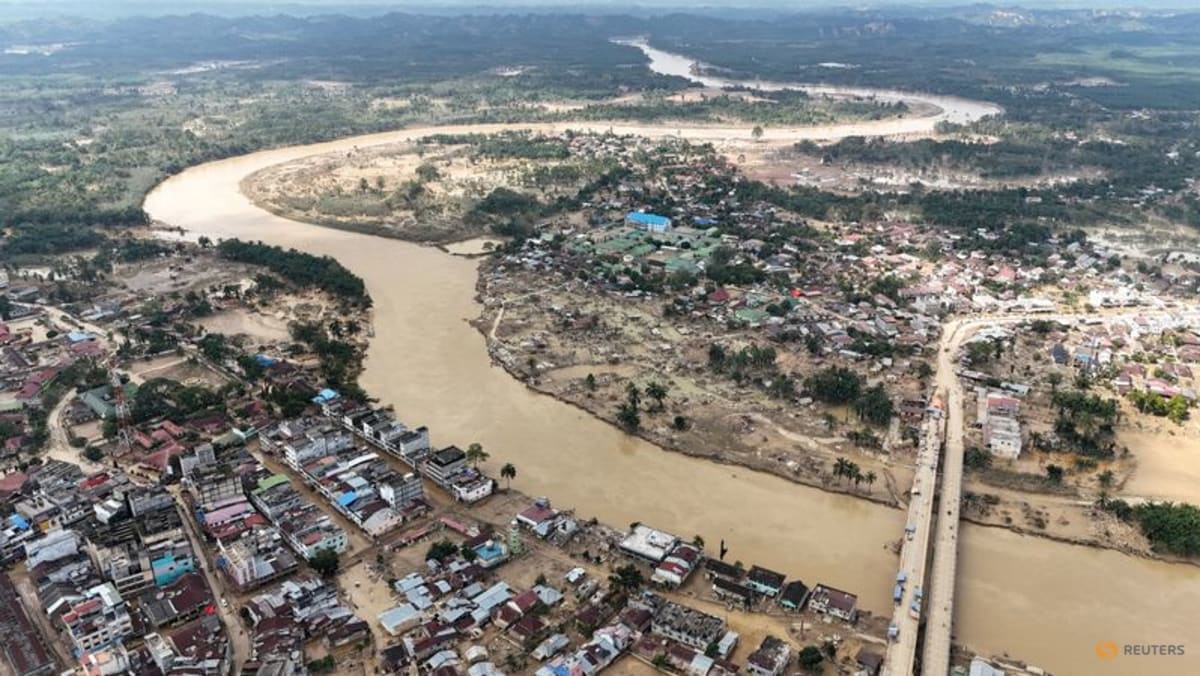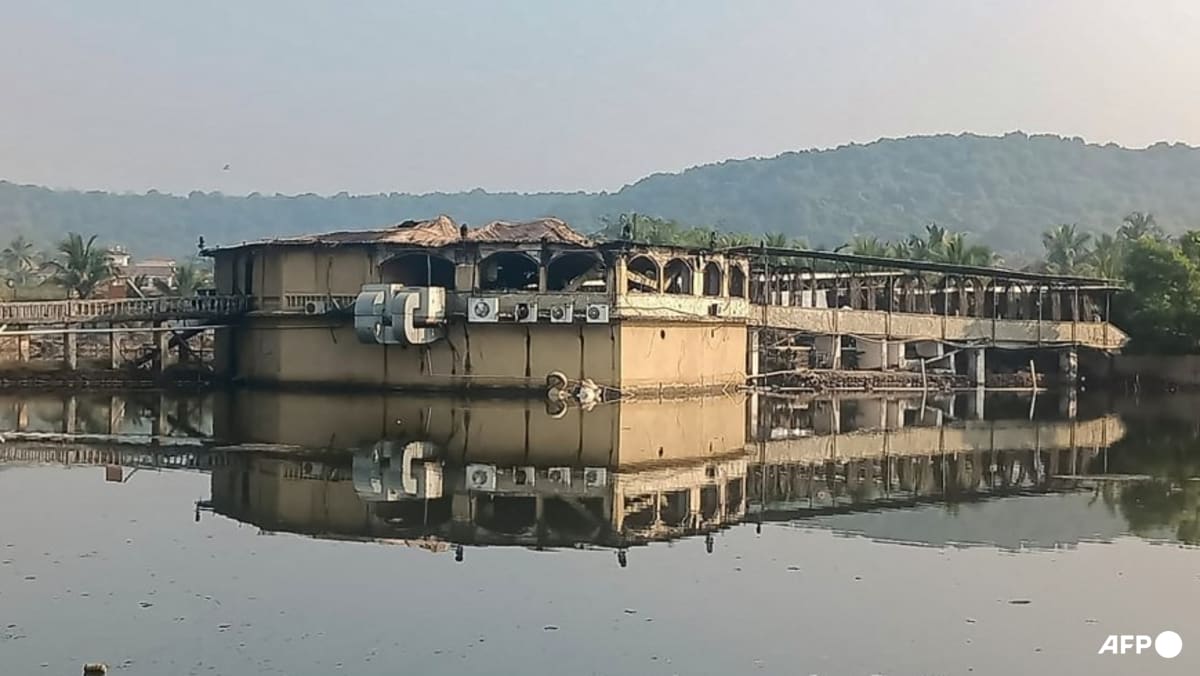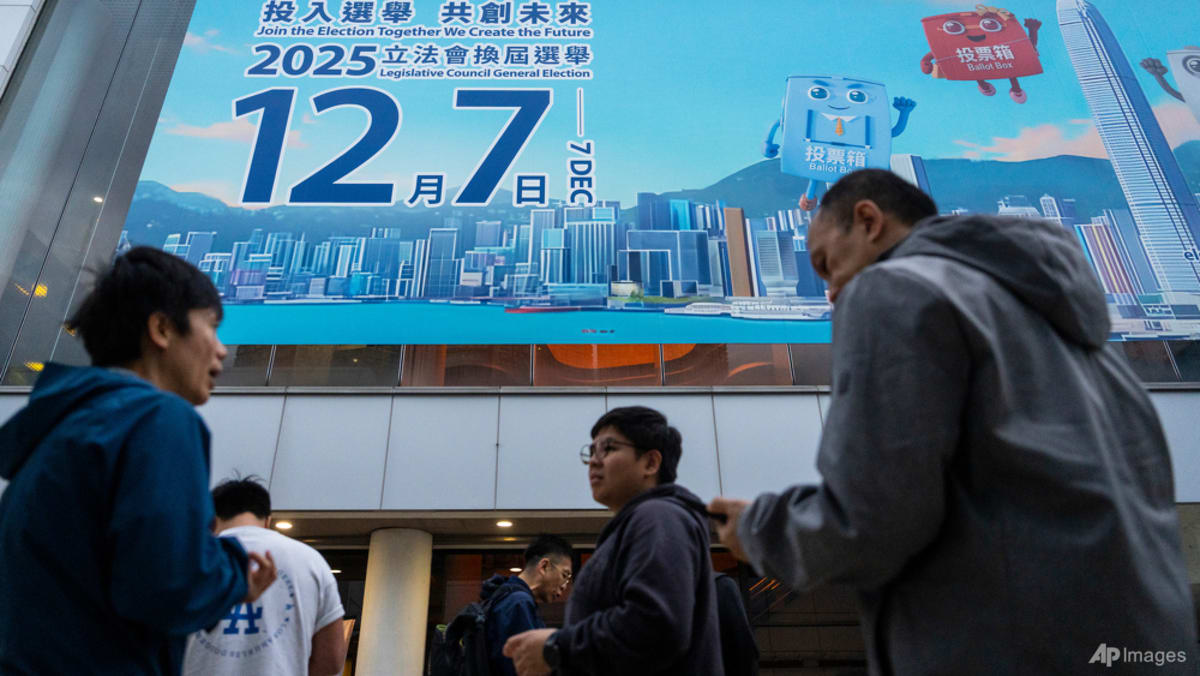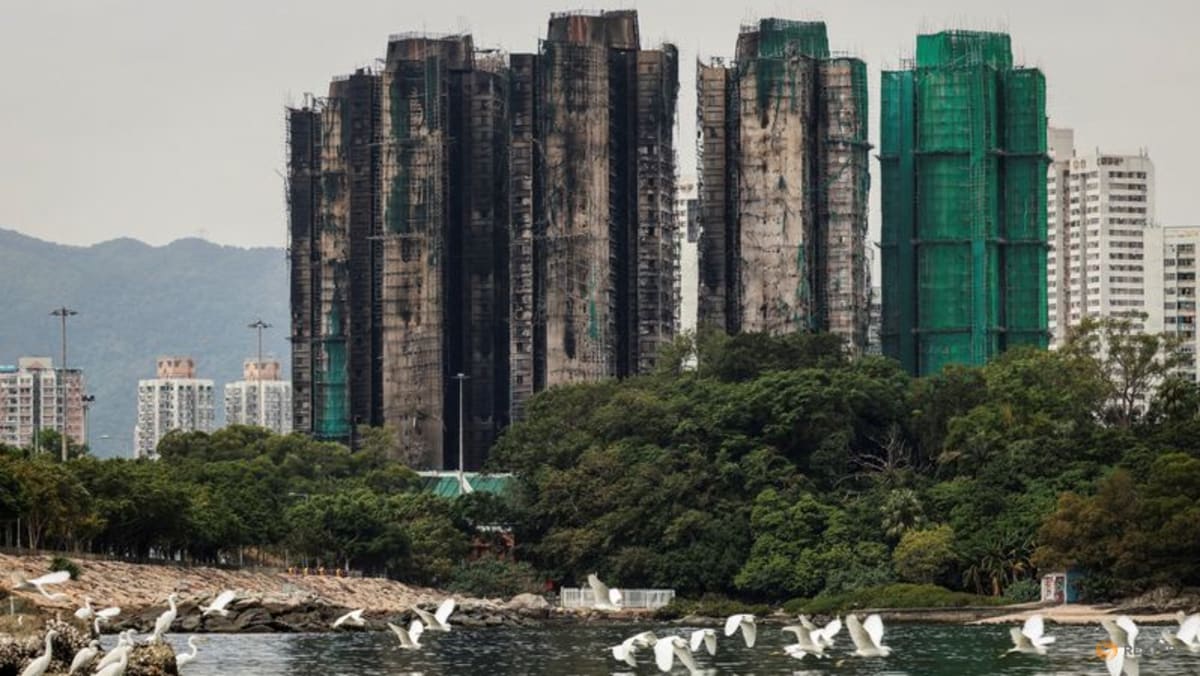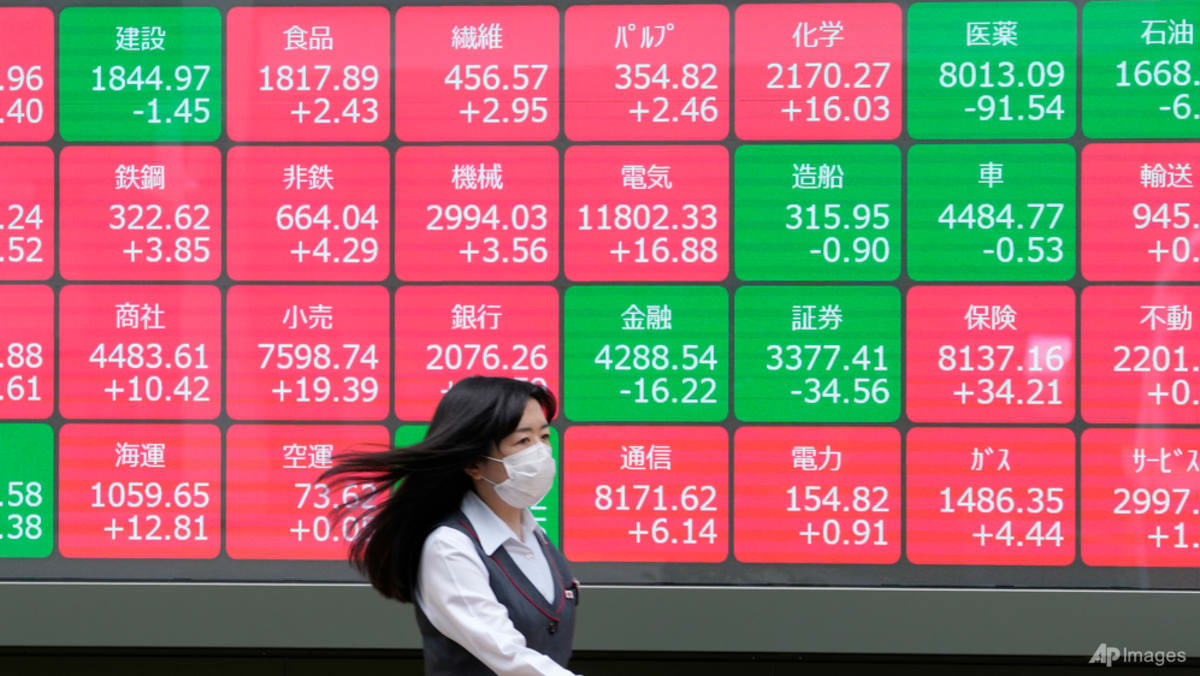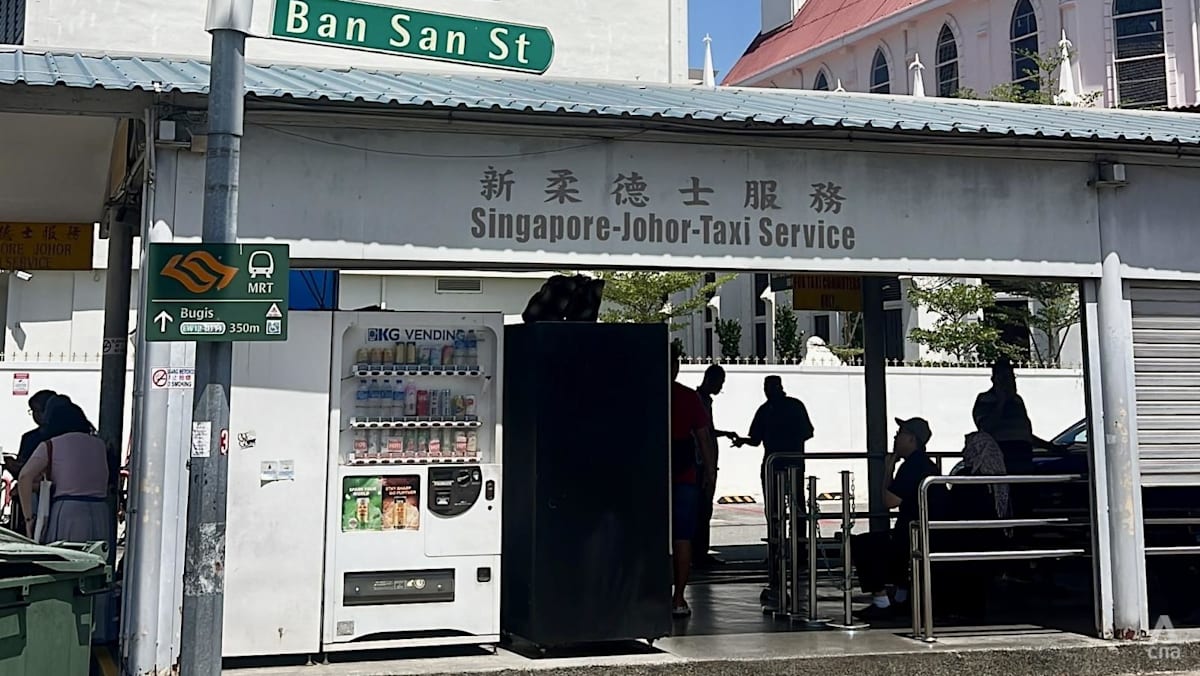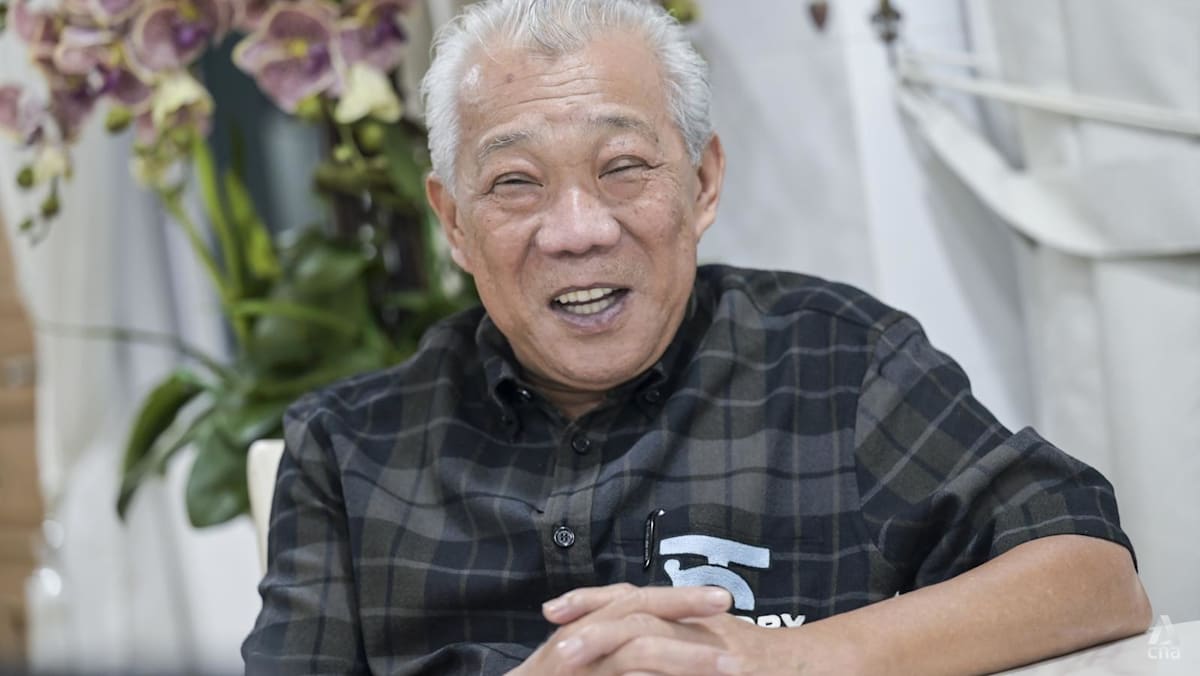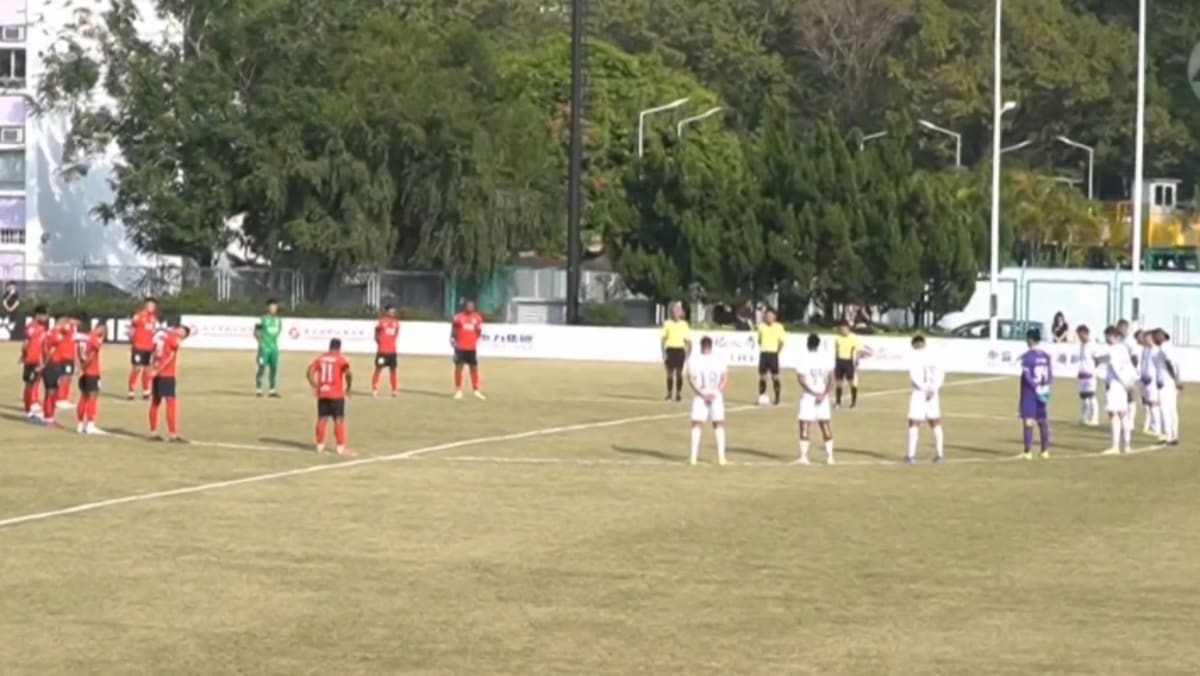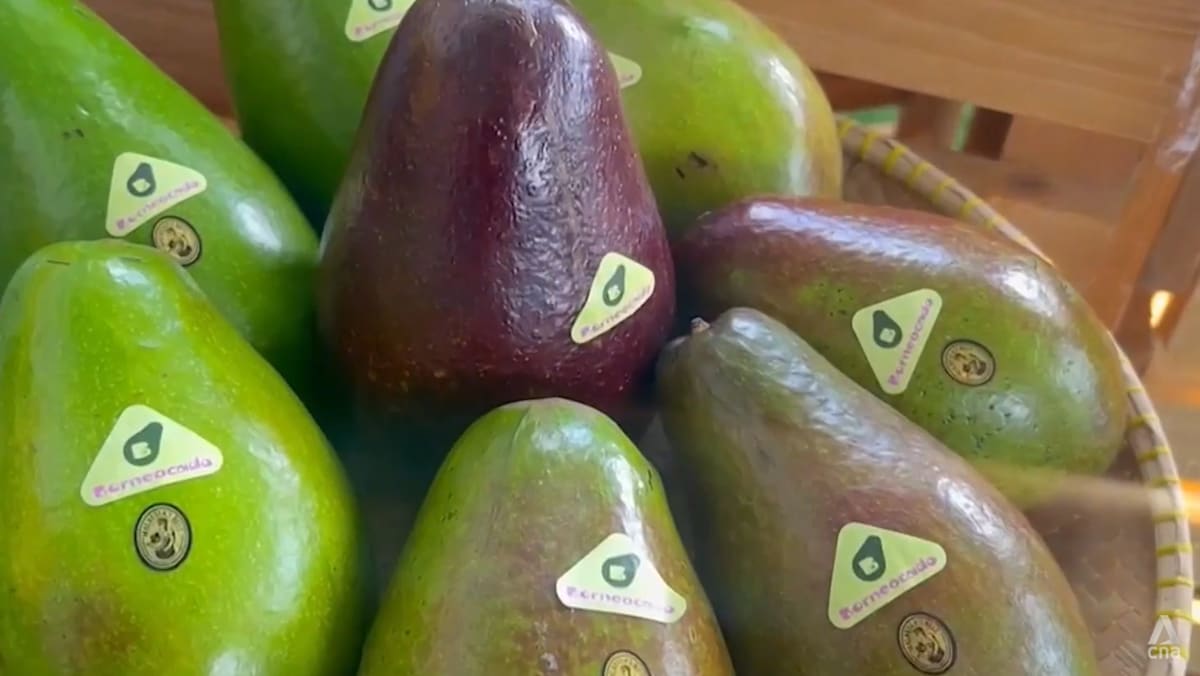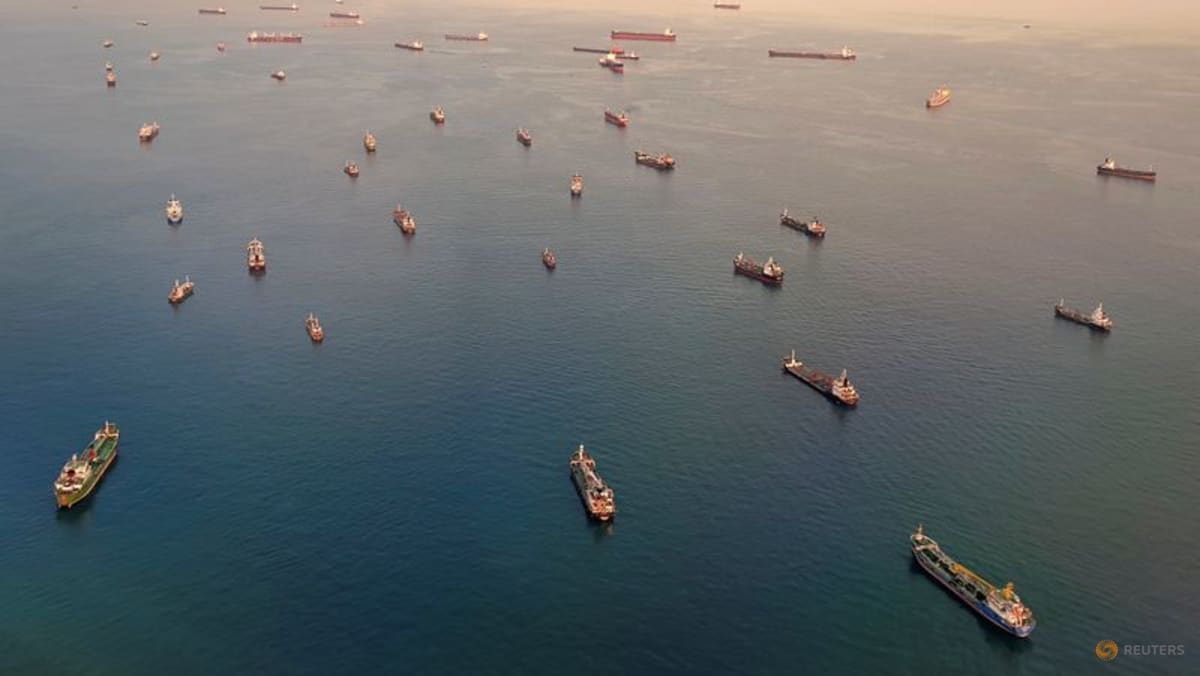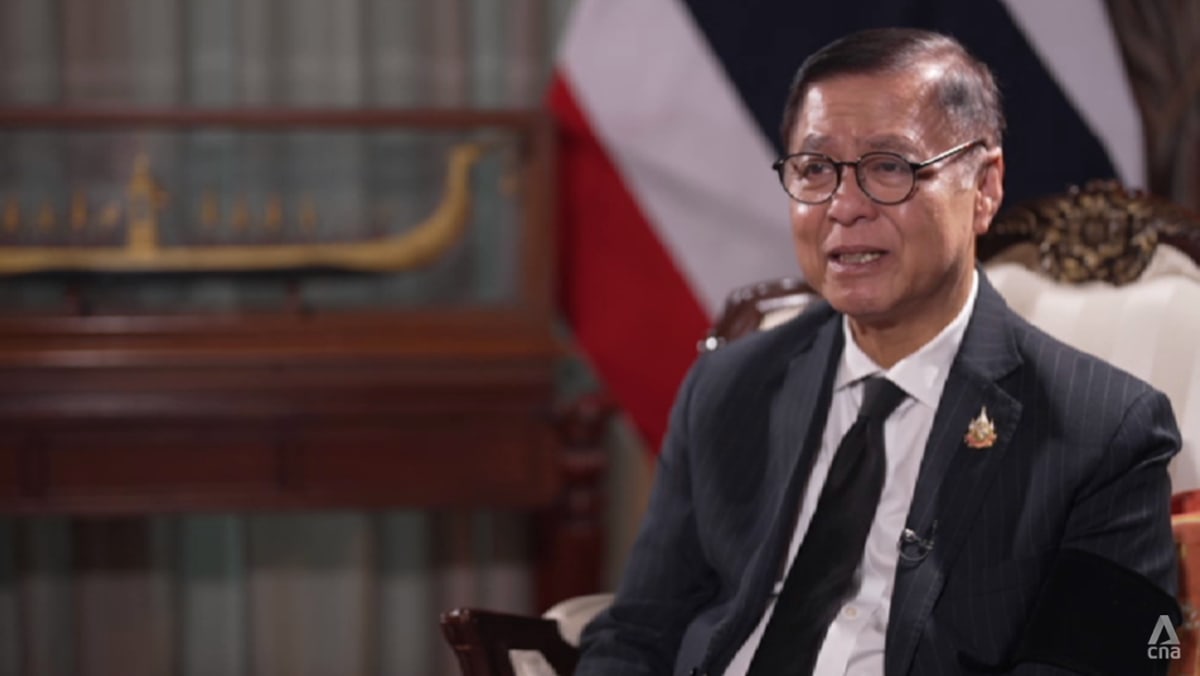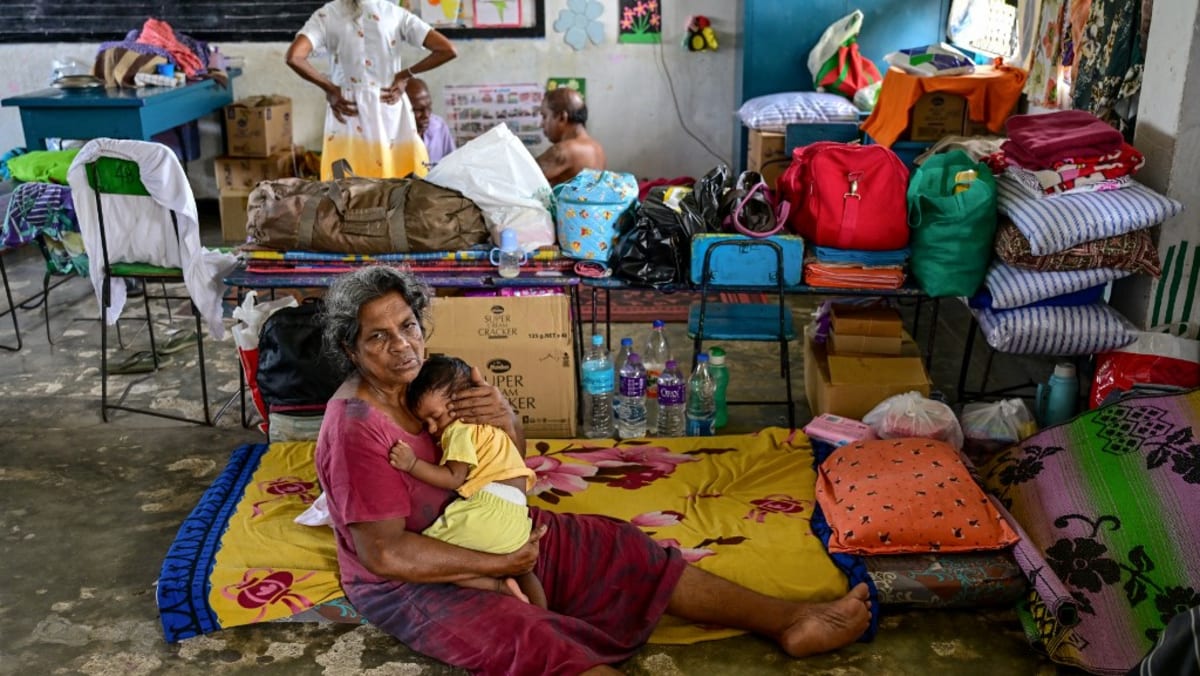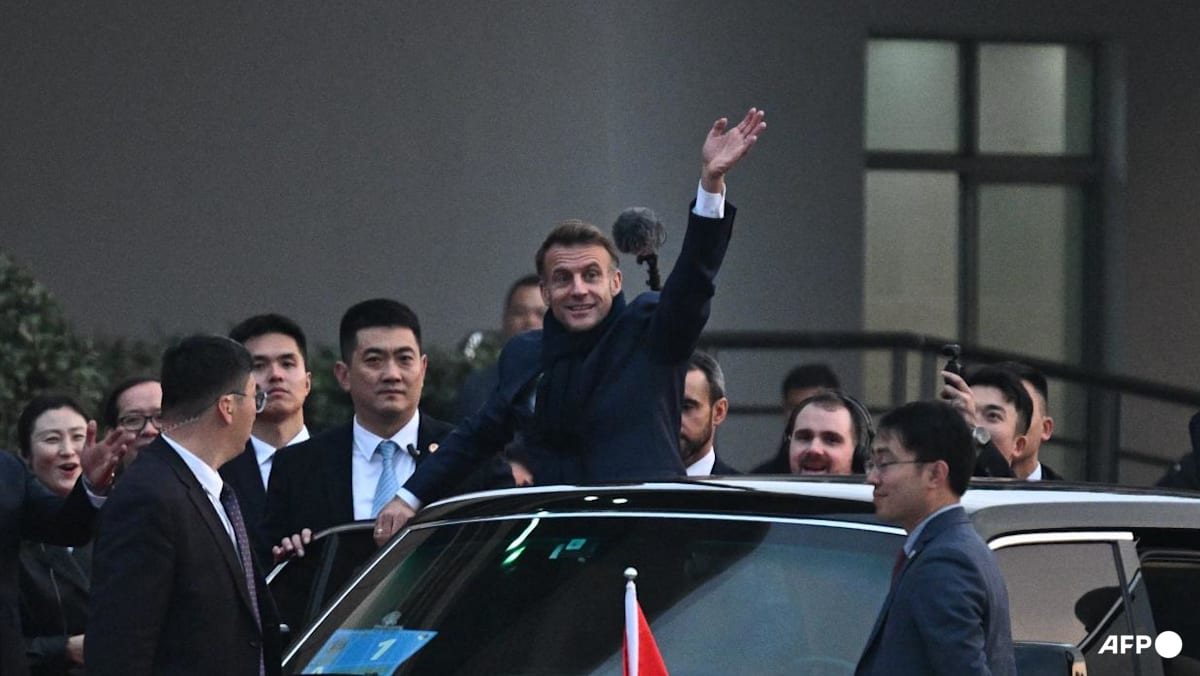Pacific Islands wait for Trump, wary of climate and China stance

Pacific island nations at the centre of a strategic rivalry between the US and China that brought infrastructure and funding hope President-elect Donald Trump stays engaged in the region but are wary of competition spilling into confrontation, diplomats say.
A 2023 defence deal giving the US military access to ports and airfields across Papua New Guinea came with a pledge of US$3.5 billion in infrastructure, equipment and training, according to PNG Foreign Minister Justin Tkatchenko, publicly disclosing an investment figure for the US defence deal for the first time.
Papua New Guinea will continue to trade with China, even as US military ties increase, he also told a resources conference in Sydney this week, highlighting a key worry among Pacific leaders about Trump’s tougher approach towards Beijing.
“The main concern is the Pacific doesn’t want to be forced into a position where it has to choose,” Meg Taylor, the secretary-general of the Pacific Islands Forum regional bloc during the first Trump Administration, told Reuters.
Washington was in “acute strategic competition” with China in the Pacific Ocean, where Beijing hopes to establish a military base, US Deputy Secretary of State Kurt Campbell said last month.
He urged the incoming Trump Administration to not withdraw from the region, where Biden has opened embassies and increased coast guard patrols and aid.
While the US has long held close defence ties with northern Pacific islands near its military base on Guam, Biden had sought to catch up to China’s influence-building in the South Pacific.
US Secretary of Defence Lloyd Austin visited Fiji last month, opening negotiations for a military agreement. The defence deal with PNG, the most populous Pacific Island country, was signed last year in response to a Chinese security pact with Solomon Islands.
Source: CNA


